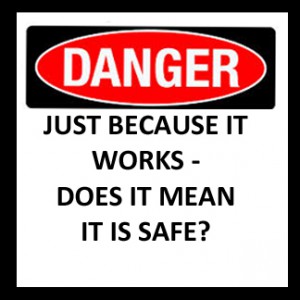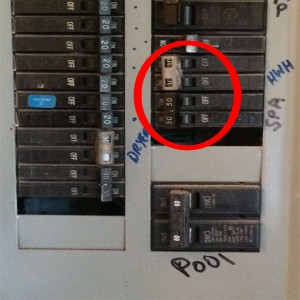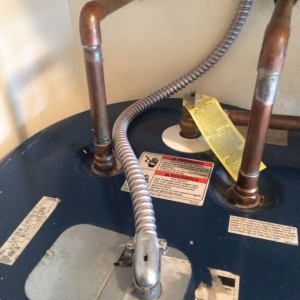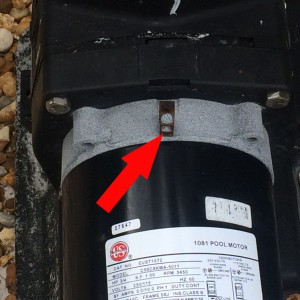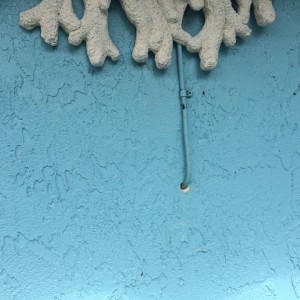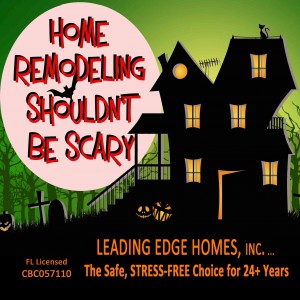Just like when hiring a home remodeling professional, do your due diligence before buying or selling a home. Repair or remodel work may not be obvious during a visual inspection of the property.
Buyers should request that the seller disclose work that was performed – even years ago. An outstanding permit issue may lay dormant until you try to modify an electric panel, remodel a room or repair a heating system and then find that previous work was not officially inspected and approved.
Sellers should also verify that no outstanding permits exist on their property. They may have hired a contractor who did not complete all inspections.
CHECK FOR OPEN PERMITS ON A PROPERTY
Buyers/sellers can request that the title company run a courtesy permit history search, which should reveal all permits — whether pending or closed — on a property. Of course, this may be too late in the game.
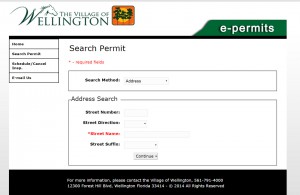 Buyers can take the initiative and look up the permit history of a property by contacting the local regulatory building department for their area. You can do many of these searches online, without having to pay for it.
Buyers can take the initiative and look up the permit history of a property by contacting the local regulatory building department for their area. You can do many of these searches online, without having to pay for it.
For example, in Wellington, Florida you can search by your property address on the e-permit page of the Village of Wellington Website.
For addresses in unincorporated Palm Beach County, search the “Building Permits and Inspections” (a link to the Palm Beach County Planning, Zoning and Building Page.)
WARNINGS
Open permits or building code violations may not be listed in the preliminary title report nor be covered by your title insurance policy. It is important to clear up un-permitted work early on and avoid a possible delay in the closing.
If you have work performed on your home, make sure it gets done by a licensed contractor.
When you hire a licensed contractor, he or she will be responsible for obtaining a permit for the work to be performed and closing out the permit after the job is completed. Ask your contractor to give you a copy of the closed permit for your files.
Work done without a permit can also cause problems for a new owner.
The residential alteration may have been completed according to the local building code, but if no permit was filed, the new owner may be liable for a fine. And if the work is found to not be up to code, the new owner will be required to correct the problem, bring the alteration up to standard and get a final inspection.
BEFORE purchasing a property – have a professional remodeling contractor, like Leading Edge Homes, Inc. inspect the property to see if there are outstanding permits, work that was done improperly, or if work was done without a permit.
Please note: This article is for information purposes only. It is not meant to provide any legal advice. I recommend that, if you have any questions about the clauses in your contract or the suitability of the home you wish to purchase, you discuss them with a real estate attorney.
If you want a professional remodeling experience or a home inspection with a home remodeling expert’s view, contact your local design-build contractor, Leading Edge Homes. Inc. Want to see some of our work? Visit our website or view our online book.
Knowing your options now, will help you be prepared in the future. If you are buying a home, knowing what needs to be corrected and the costs to do so, can help you decide if the home is right for you.
For all of your home remodeling and inspection needs, contact your local certified “roomologist”, Leading Edge Homes. Inc. at 561-795-2551.
Todd Perry, a State of Florida Certified Building Contractor and president of Leading Edge Homes, Inc., provided this information.
If you have questions about a home improvement project, call Leading Edge Homes at 561-795-2551 or email Todd at: todd@leadingedgehomes.com and he’ll be happy to share his knowledge with you.



